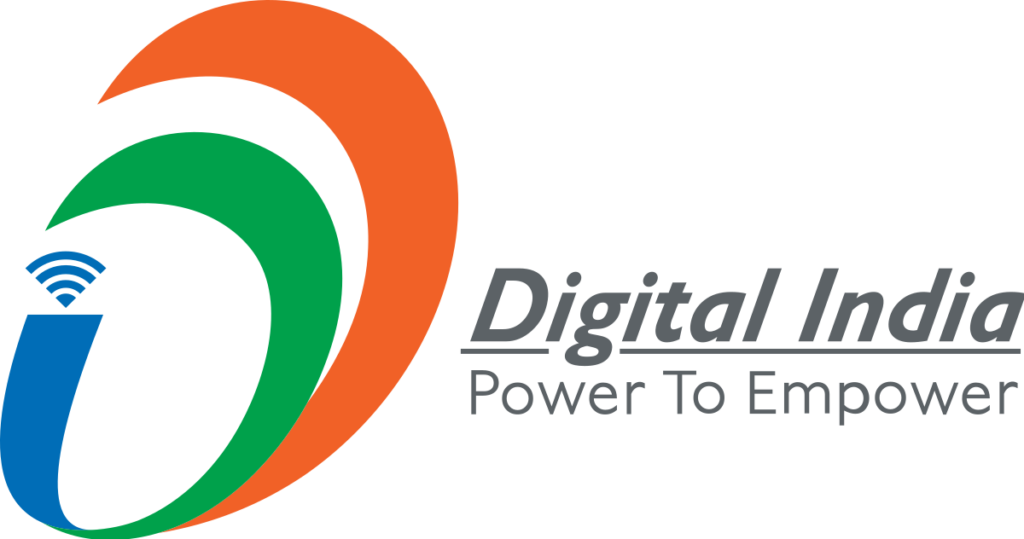Democracy is a form of government where the people have a say in how they are governed. It’s a system of government where citizens have a significant say in how their country is run. In a democratic system, citizens have the right to participate in the decision-making process and influence the direction of their country. Here are some of the main types of democracy:
Representative democracy: Indirect democracy, or a republic, is the most widely practised form of democracy. In this system, citizens elect representatives who make decisions on their behalf. These representatives are responsible for formulating and implementing laws and policies. Representative democracy allows for greater efficiency in decision-making, as elected officials can focus on governance while citizens can engage in other activities.
Parliamentary democracy: This is where the executive branch of the government, led by the prime minister, is part of the legislative branch, which makes the laws. The prime minister is chosen by the majority party or coalition in the parliament and can be removed by a vote of no confidence.
The prime minister can appoint and dismiss cabinet members, propose bills, and dissolve the parliament. The parliament can check the prime minister’s power by rejecting bills, passing motions of no confidence, and calling for elections. An example of parliamentary democracy is the United Kingdom, where the prime minister is the leader of the party that wins the most seats in the House of Commons.
Liberal democracy: It combines the principles of democracy with the protection of individual rights and liberties. In this type of democracy, the government is limited by a constitution or a set of fundamental laws safeguarding individual freedoms.
Liberal democracies prioritize the rule of law, freedom of speech, press, and assembly, and respect for human rights. This form of democracy aims to strike a balance between the majority rule and the protection of minority rights.
Participatory democracy: It is a more inclusive form of democracy that seeks to involve citizens in decision-making processes at all levels of government. In addition to electing representatives, citizens have the opportunity to directly participate in policy formulation, budgeting, and other governance activities.
Participatory democracy encourages grassroots participation, community engagement, and active citizenship. It aims to empower individuals and communities by giving them a direct say in the decisions that affect their lives.
Direct democracy: In this type, citizens participate directly in making decisions. It’s like a giant town hall meeting where everyone gets to vote on every issue. This was the way things were done in ancient Greece, where citizens gathered in an assembly to debate and vote on laws.
But in today’s large and complex societies, it’s simply not practical for everyone to gather and vote on everything.
Conclusion – As we all know, Democracy is a system of governance emphasizing citizen participation and equality, which is mirrored in initiatives like CSC registration. The platform like CSC registration empowers citizens, embodying democratic principles by enabling individuals to deliver various services. Thus, democracy’s influence extends beyond politics, shaping digital spaces and fostering societal development.

